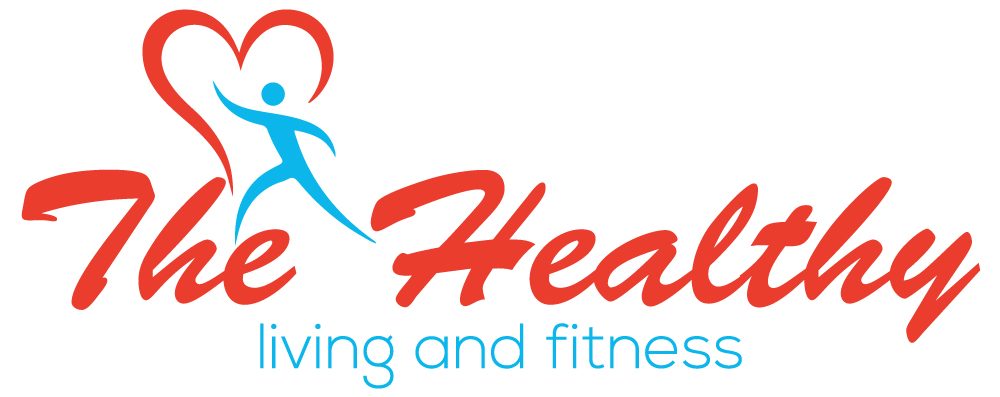The body is a complex design that requires fueling in a variety of different ways, and it is these sustenance needs that are best met through the consumption of a varied and balanced diet. The B-vitamins are a collection of 8 essential vitamins that play a crucial role in the organs and bodily systems. Read on as we go over each one, the different sources that they are found in and why they are so important…
Thiamin (Vitamin B-1): Found in the heart, liver, kidneys and brain, thiamin is needed in order to breakdown carbohydrate molecules, create neurotransmitters, produce fatty acids and synthesise hormones. As a result, it has quite an important role so should be consumed regularly by including whole grains, pork, legumes and nuts in the diet.
Riboflavin (Vitamin B-2): Energy production, breaking down fats/drugs, and converting amino acids into vitamins are all processes that rely on riboflavin. Luckily, this B-vitamin can be found in a variety of foods like fortified cereals, yogurt and milk and mushrooms. Although rare, a vegan diet can make a person more likely to develop a riboflavin deficiency.
Niacin (Vitamin B-3): The body uses niacin by converting it into a coenzyme known as nicotinamide adenine dinucleotide (NAD) which plays a vital role in over 400 different enzyme reactions. These enzymes convert the energy in carbs, protein and fats into a form the body can use and help with cell communication. Niacin is pretty important so should be sourced from foods like meat, poultry and fish.
Pantothenic Acid (Vitamin B-5): Creating new coenzymes, proteins and fats relies on a B-vitamin known as pantothenic acid. It can be found in high amounts in foods like shiitake mushrooms, chicken, sunflower seeds and avocados.
Pyridoxine (Vitamin B-6): Since it is involved in over 100 different enzyme reactions, pyridoxine is a B-vitamin you can’t afford to forget about. It is required for amino acid metabolism, breaking down carbs and fats, brain development and immune function so make sure to consume salmon, tuna, and poultry for the best sources.
Biotin (Vitamin B-7): Typically added to hair and skin products, biotin is used in the body to break down fats, carbs and proteins and for the regulation of DNA. It is found in abundance in foods like eggs, salmon, pork, beef and sunflower seeds.
Folate (Vitamin B-8): Many people confuse folate with the synthetic form of the B-vitamin, folic acid. The natural form is required for DNA replication, vitamin and amino acid metabolism, and proper cell division. Research suggests that high enough levels of folate during pregnancy can reduce birth defects which is why pregnant women often consume folic acid, however it can also be obtained from dark leafy greens, avocado, beans and nuts.
Vitamin B-12: As the only B-vitamin without an official name, vitamin B-12 plays a crucial role in the body by helping to create new blood cells, synthesise DNA and metabolising fats and protein. It occurs naturally in salmon, beef and milk/yogurt, however a vitamin B-12 deficiency is quite common so it may be necessary to take supplements if you suffer from conditions that affect vitamin absorption like Crohn’s disease and celiac disease.
Many people are unaware that B-vitamins are water soluble which means that they are required in small but frequent amounts in order to provide crucial functions. As they are water soluble, they are not stored in the body so must be regularly replenished in order to provide optimal health and prevent a B-vitamin deficiency. Always consume a balanced and varied diet in order to ensure that you are obtaining your daily recommended amount.
